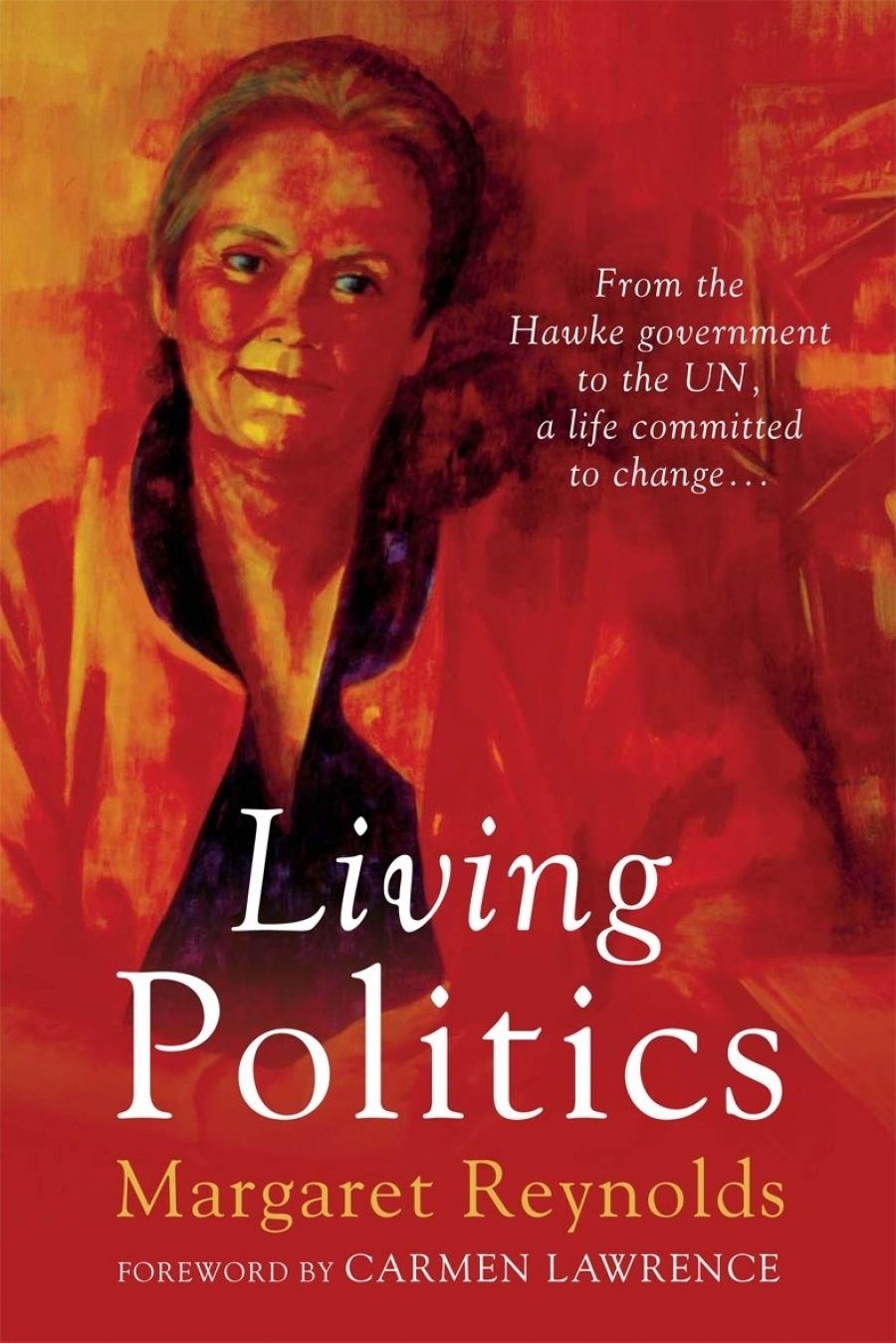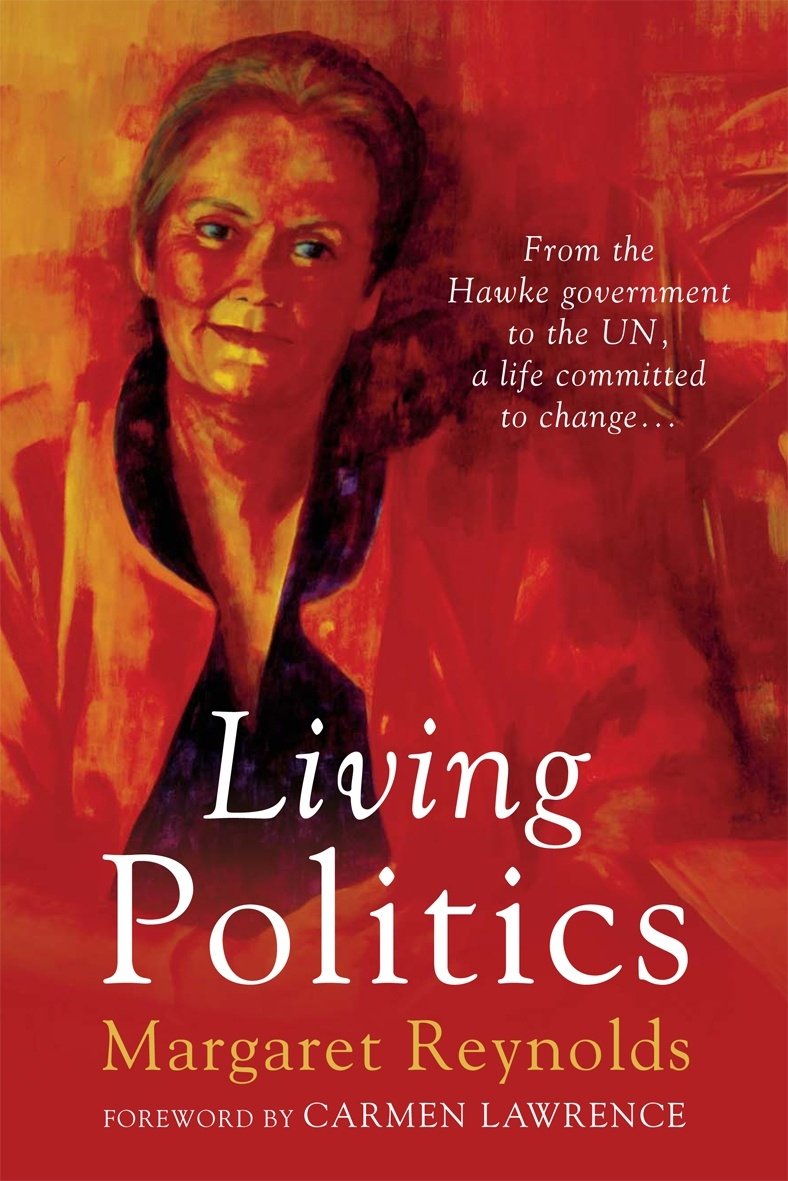
- Free Article: No
- Custom Article Title: IN BRIEF
- Review Article: Yes
- Article Title: IN BRIEF
- Article Subtitle: Rebecca Starford reviews ‘UTS Writers’ Anthology: Making Tracks’
- Online Only: No
- Custom Highlight Text:
Margaret Reynolds was a junior minister in the Hawke government. She began her career in special education, developing a passion for advocacy of the marginalised. Providing effective early childhood education for Aboriginal children in race-bound Townsville in the 1960s took not only idealism but ingenuity and guts. Juggling the needs of a young family with work and political activism, she joined grass-roots organisations such as the anti-war group Save Our Sons, One People of Australia (committed to Aboriginal welfare) and Women’s Electoral Lobby.
- Book 1 Title: Living Politics
- Book 1 Biblio: UQP, $34.95 pb, 237 pp
- Book 1 Cover Small (400 x 600):

- Book 1 Cover (800 x 1200):

A stint on the local council in the late 1970s led to preselection for the ALP Senate ticket in 1983. She was chosen at short notice by the National Executive to replace the retiring candidate. This aroused hostility among the Brisbane party machine, which ‘would not have endorsed a female outsider from the North’ to fill the vacancy. After one term, she became the fourth woman to be appointed to a federal ministerial position, benefiting from Bob Hawke’s wish to create a balance between the states and to increase the number of women in the ministry. Her portfolio was the junior one of Local Government and Regional Development. She astounded Canberra bureaucrats by basing her headquarters in Townsville. In 1987 she replaced Susan Ryan as the minister for the Status of Women. Becoming increasingly involved in international politics, she left the Senate in 1999 and worked with the United Nations.
Reynolds comes across as an earnest, idealistic politician, proud of her achievements, but realistic about her good luck in having in historian Henry Reynolds a genuinely helpful husband, and being in the right place at the right time. She is not at all abashed about her ‘token woman’ status, responding ‘if you like to turn the argument around, there have been a lot of token bloody men out there for a long time!’ Living Politics is an engaging personal account of a period of great change in Australian politics.


Comments powered by CComment